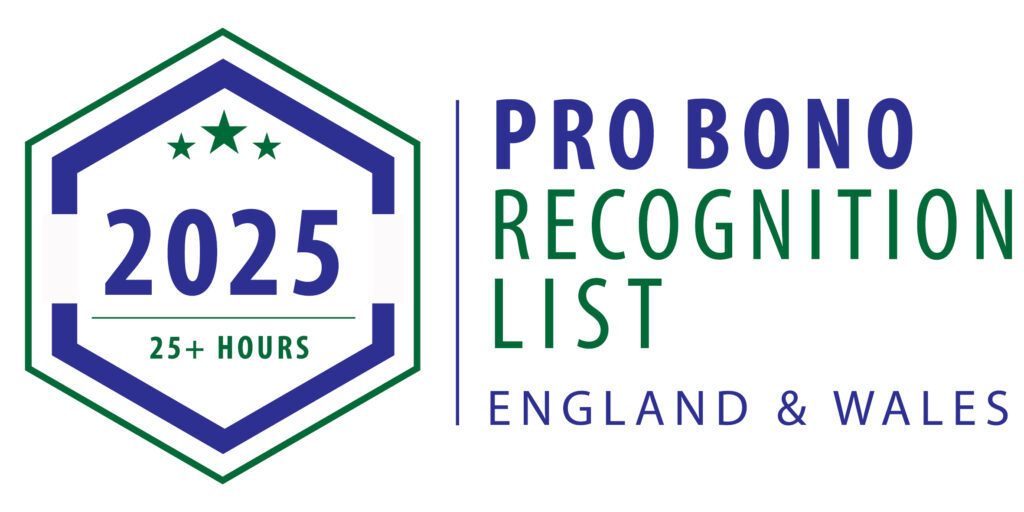Recently, there’s been an increase in Immigration Enforcement since the Home Secretary, Yvette Cooper, announced in July 2024 that the government would crack down on employers who are hiring migrants illegally. One prominent change is the increased use of banning directors from office as a punishment for hiring illegal workers.
From the Insolvency Service Enforcement Outcomes, we can see that director disqualification has increased by 31% from 932 directors being disqualified in 2022/23 to 1,222 directors being disqualified in 2023/24. It is clear from recent director disqualifications that breaching Immigration Law is frequently resulting in director bans across the UK.
Recent director bans:
During Immigration Enforcement visits, these directors were found employing workers who did not have the right to work in the UK and were disqualified from becoming directors.
- A Turkish restaurant owner faced with a seven-year ban from directorship which came with a £45,000 fine which remains unpaid.
- A director of a car wash business in Sheffield has received an eight-year ban and was hit with a £75,000 fine.
- A director of a pizzeria and car wash has been received a ten-year ban and both businesses have suffered individual fines, totalling to £80,000 (£20,000 and £60,000 for each business respectively).
These directors are just three of many who have been found guilty of Immigration breaches by the Home Office. After enforcement action by The Insolvency Service, the High Court has ordered that they are all prohibited from being involved in the promotion, formation, or management of any UK company until their disqualification expiration date.
What is an illegal worker?
An illegal worker is someone who does not have the right to work in the UK but conducts work here.
UK employers have a duty under the Immigration, Asylum and Nationality Act 2006 to prevent illegal working and those who do not may be at risk of severe consequences. Sufficient right to work checks, prior to an individual starting their role, are required to make sure the job applicant can work in the UK.
Consequences for employing illegal workers
Employing illegal workers based in the UK can lead to severe consequences.
If you knew, or ought to have known, that an individual you were employing did not have the right to work, but you employ them anyway then as the employer your risk a criminal sentence of up to 5 years imprisonment and/or an unlimited fine. For the individual, they could face up to six months imprisonment and/or an unlimited fine.
Even if the above does not apply or was not pursued, there is still risk of an employer receiving a civil penalty (a fine) unless there is evidence of them having conducted a right to work check in accordance with Home Office guidance before employment began. The maximum civil penalty for illegal working where a check should have been conducted on or after 13 February 2024 is £45,000 per worker for a first offence and up to £60,000 per worker for routine violations. If the employer were also a registered sponsor, it could lead to revocation of their sponsor licence and a ban on applying for another one for a period of time.
For the individual, being caught as an illegal worker could lead to deportation and a re-entry ban into the UK for several years.
As these cases illustrate, directors can also be disqualified.
How does this affect me?
As the Insolvency Service and their partners at the Home Office clamp down on employers who fail to comply with their statutory obligations, the importance of conducting right to work checks correctly has never been higher.
Given the increased scrutiny and the potentially severe consequences getting it wrong, we would advise any employers to seek guidance and advice where necessary.
The Home Office has reported the following statistics:
- Since 5 July 2024, the number of illegal working visits has increased by 34% to 3,188 compared with the previous year and arrests have increased by 25% to 2,299 compared with the previous year.
- 10,000 individuals have been deported since 5 July 2024.
- In November alone, during Operation Tornado where businesses were targeted, out of 235 visits, 154 people from 19 nationalities were arrested of suspected illegal working and civil penalties worth up to £4 million were issued to 50 businesses.
Further clamp downs are coming.
In November 2024, at Interpol’s General Assembly in Glasgow, Prime Minister Kier Starmer announced that his Government would spend £150 million tackling organised immigration crime.
How can we help?
We anticipate employers will be alive to the risk of recruiting illegal workers by mistake and will be keen to improve upon their existing frameworks and systems for conducting right to work checks. It would be wise for employers to have an up-to-date right to work check in place, to complete follow up checks on time-limited employees, keep sufficient documentary evidence, and to follow immigration law updates.
If you need help or advice performing your right to work checks, view our 5 questions clients’ ask here, or if you have any further questions on business immigration, please don’t hesitate to get in touch with us here.




